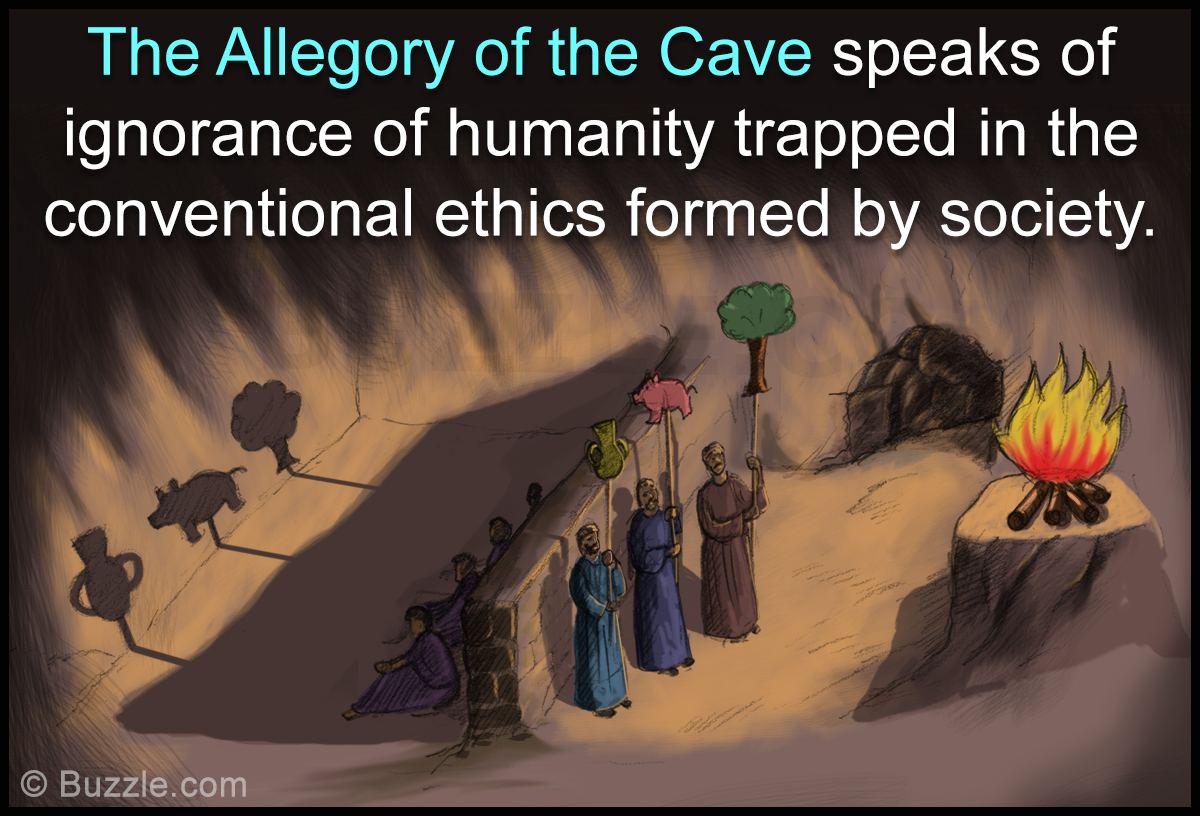Aforementioned, many minority groups face a cyclical nature of destitution. With this reappearing lack of progress, how is it measured? How do we know when we have achieved what we call “success”?An issue explored within class was how we identified the effects of progress. David Levy, our guest speaker on Philosophy, explained the Zeno Theory in reference to that identification.The Zeno theory is essentially a paradox of movement, stating change is a misunderstood notion; nothing more than an illusion. Zeno’s paradox can be applied to the idea of progress. Once we obtain a certain goal, there’s always more to achieve, thus making much of our self-identified advancement obsolete. This idea is also seen in today’s society as many minorities face oppression in a repetitive fashion. From Jim Crow laws to redlining, African Americans find themselves facing similar obstacles that past generations have endured.
The Zeno paradox can also be correlated to Plato’s Allegory of the Cave. As change is described as an illusion by Zeno, Plato argues that knowledge gained through the senses is no more than an opinion; with people often mistaking sensory knowledge as truth. For example, the people trapped in the cave facing an illuminated wall experience a myriad of shadows. They believe the shadows contain object permanence; unknowing to the fact that there are objects in front of a light source producing these shadows. This is how Plato describes the deception of our senses. Similarly, societal notions of success and progress correlate with the duplicity of material wealth. We, as a nation, hold money, brands, and other capitalistic goods in a higher regard; using it to classify our position in the world. Having these commodities lure people into the facade of wealth and status.
Another main concept from this story is how people are often trapped in ignorance. Plato uses the cave to symbolize superficial physical reality and ignorance; as the people within the cave accept what is given at face value. The chains also show that they are trapped within their lack of knowledge, preventing them from leaving the cave to experience a higher truth. Once one is freed from the cave, they are exposed to a source of higher reality than the one they have always known. But how do we break this cycle of deceptive progress that we often “trap” ourselves in? Also, why is our educational system sometimes failing to recognize this? Is education just used as the means to obtaining material wealth in the future?

As we explore the philosophies of progress, and the measurement of it, how does this tie in with Steve Prince? In the next post we will see how Mr. Prince acknowledges the systematic oppression in his work, while also portraying our efforts in freeing ourselves from the cycle of poverty and ignorance.
